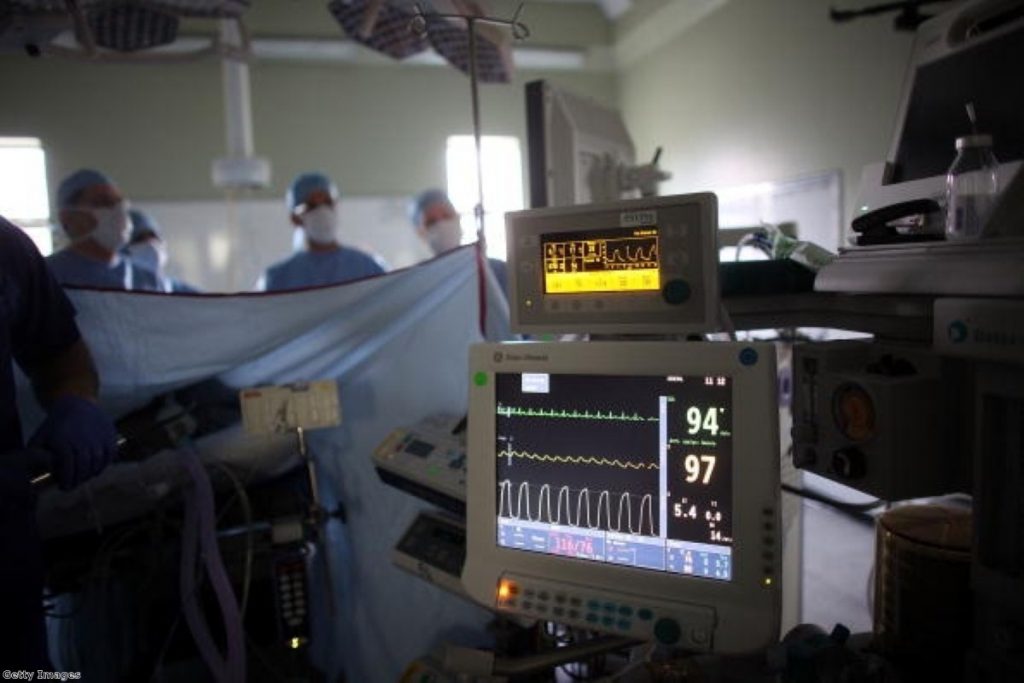Hunt continues NHS offensive with ‘coasting’ attack on hospitals
Jeremy Hunt has launched into another attack on the struggling NHS, telling mediocre hospitals: "Coasting can kill."
The health secretary used a speech at a Nuffield Trust health policy conference to warn that "complacency" can eventually lead to falling standards.
"The lesson of Mid Staffs is surely that we need to understand why they fail in the first place – which means tackling mediocrity and low expectations before they turn into failure and tragedy," he said.
Around 1,200 people unnecessarily lost their lives at Stafford hospital between 2005 and 2009. Robert Francis' report last month outlined a series of recommendations to improve the situation but Hunt has previously warned there remain "bits of Stafford dotted around the system".


He added today: "Imagine for a moment that the main objective for our Olympic athletes was not to win but to 'not come last'. How many gold medals would we have won then?
"It sounds ridiculous, doesn't it? But today I want to suggest that too much of the NHS is focused on doing just that.
"Not on achieving world-class levels of excellence – the gold medals of healthcare – but meeting minimum standards, the equivalent of 'not coming last'."
Patients' groups have warned the major reforms of the NHS now being pushed through, combined with the £20 billion efficiency savings drive sought by 2015, are putting intense pressure on the health service.
Hunt, who has complained of "shocking underperformance" at NHS hospitals recently, remains resolutely focused on improving quality at the same time.
"Hospitals must not be allowed to cruise along, hitting the targets but missing the point," he added.
"Because 'not bad' is not good enough. Not if we want the NHS to be the best in the world. Not if we want everyone to have access to the best healthcare. Not if we are to meet the challenges of increasing expectation alongside increasing age."
Shadow health secretary Andy Burnham said thousands of doctors and nurses were "doing anything but 'coasting'". He said £3 billion had been removed from frontline care as a result of the coalition's NHS reforms.
"Hospitals across England are on a knife-edge and they need a government that provides support rather than points the finger," he said.
The Department of Health is targeting improvements in the fight against the five major causes of death – cancer, heart, stroke, respiratory and liver disease. It hopes to save 30,000 lives by 2020.
"The NHS is not in the position it's in now because of what has happened in the last few years," Derek Butler of MRSA Action UK told politics.co.uk.
"This has been historic – it's always been short of the right people at the right place at the right time. We've had the opportunity over the years to invest people in those skills, to bring people in, to train them, and sadly successive governments have decided they need to cut costs in the NHS instead of putting in the investment, to save money."









